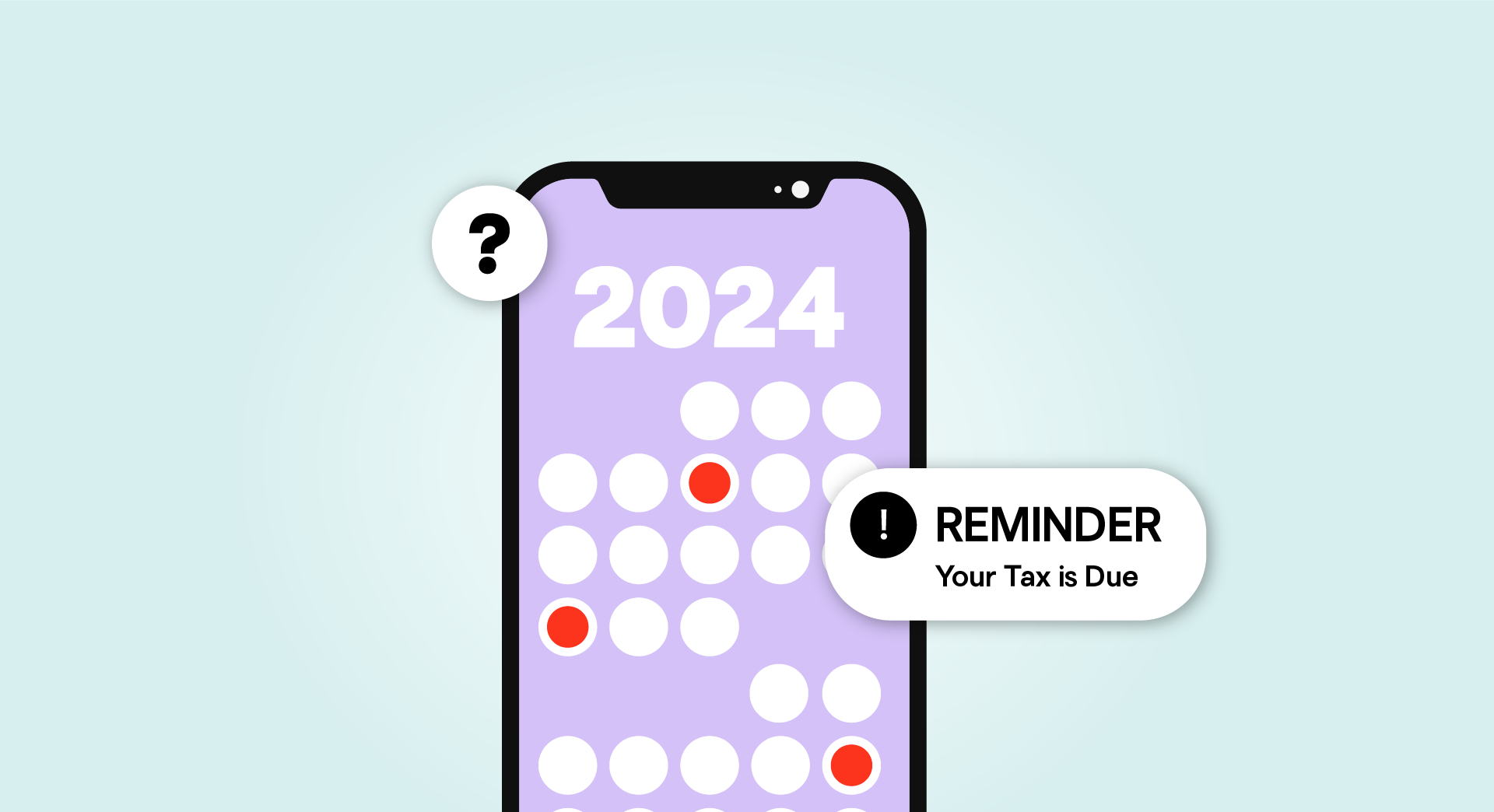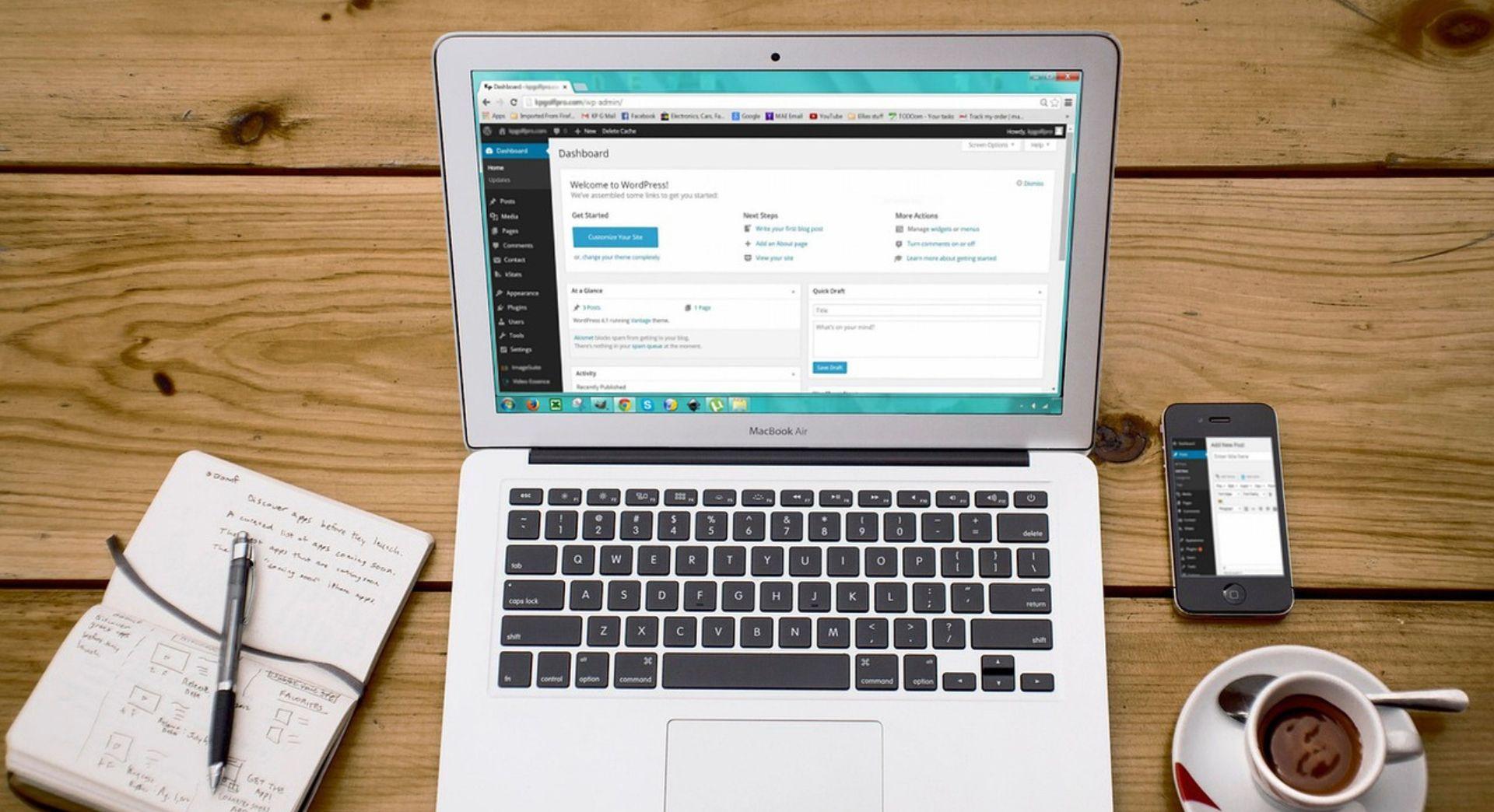Have you had it with the daily grind? Are you sick of pouring your heart and soul into someone else’s dream? Would you like to see your efforts go towards your own venture? Starting a business in Australia is not as hard as you may think.
5-step startup checklist
Follow these five steps and your business idea can be up and running in no time.
- Decide what type of business is best for you.
- Write a business plan.
- Select a business structure.
- Apply for an Australian Business Number (ABN).
- Choose and register your business name.
Ready to take control of your future? Let’s get started.
1. Decide what type of business is best for you
Deciding what venture is right for you is the first and most important step. Here are five questions to ask yourself about your business idea.
- Is it something you love to do?
- Is it a skill you are good at?
- Does the business idea suit your lifestyle or the one you wish to have?
- Can you cover the startup costs or raise the funds from elsewhere?
- Is there a big enough market for your product or service to make your business profitable?

Before you order your business cards, be sure there’s a market for the product or service you want to sell. You could be the best masseuse in town, but if there are already a number of established therapeutic massage studios in your area, you may have trouble getting clients.
If you find yourself in this situation, the trick is to find a niche that is not being served. Perhaps it’s geriatric massage or Shiatsu or Thai massage. Find a need that no one else is filling and stake your claim.
Related: 9 small business ideas you can start at home
2. Write a business plan
A thoughtful and thorough business plan does a number of useful things. It:
- Gives you direction
- Defines your objectives
- Maps out strategies to achieve your goals
- Helps you manage possible bumps in the road
- Allows you to apply for a business loan or approach investors
Preparing a business plan before you launch will help you focus your resources and energy on what you need to do, rather than wasting time on activities that won’t contribute to your long-term goals.
- An eCommerce business plan should describe your products/services, how you plan to promote them and the security measures you plan to take to protect customers’ sensitive data online.
- A premise-based business plan should identify local council requirements as well as the qualities of an ideal space for your venture.
Learn how to write one in five steps here or download a template here.
3. Register for an Australian Business Number (ABN)
Every business in Australia needs an ABN. This is a unique number used by the government and community to identify your business.
Registering an ABN is free.
Although your ABN is used for various tax and business purposes, it doesn't replace your tax file number. You will need both to submit a valid tax return. You can apply for an ABN on the Business Registration Service website.
4. Select a business structure

Photo: Austin Distel on Unsplash
Before you open your doors or launch your website, you should choose a business structure.
Your business structure can affect your tax obligations and level of personal risk.
Here’s a quick rundown on the main business structures available in Australia:
Sole trader
A business run by a single owner who is responsible for all aspects of running the business, including hiring employees.
Company
A commercial business or entity that has a separate legal existence to its owners/shareholders.
Partnership
A business run by more than one person and/or entities, but not in the form of a company.
Trust
An entity that is in possession of property, income or any other assets for the benefit of a third party.
To understand the pros and cons of different business structures, read this or discuss your options with a lawyer.
5. Choose and register your business name
Your business name identifies you to your customers and sets your venture apart from your competitors. A strong business name also encourages your customers to make an emotional connection with your business.
![Starting a Business in Australia Business Sign]](https://www.godaddy.com/resources/au/wp-content/uploads//photo-1516953951091-5051d8bebb74-min-1050x591.jpeg)
For many businesses, their name becomes their most valuable asset.
In order to have a website, you’ll also need a domain name that matches your business name. So it’s best if you choose both at the same time.
When deciding on a name and domain name for your business, ask yourself the following questions:
- How is your business different from your competitors?
- What image do you want to communicate to your customers?
- Is your chosen business name already being used by another business? Check here
- Is the name available to be registered as a domain name? Check domain availability here
Once you have chosen a business name, you must register it with the Australian Securities & Investments Commission (ASIC). If you're trading under your own name, there's no need to register a separate business name.
Keep in mind that registration of a business, company or domain name does not give you any proprietary rights. Only a trademark can offer exclusive rights and protections.
Ready, set, go!
Starting a business in Australia isn’t just for experienced entrepreneurs or big dreamers — anyone can take the leap and follow their dreams!
Use these key steps at the beginning of your journey and you’ll have everything you need for long-term success.






